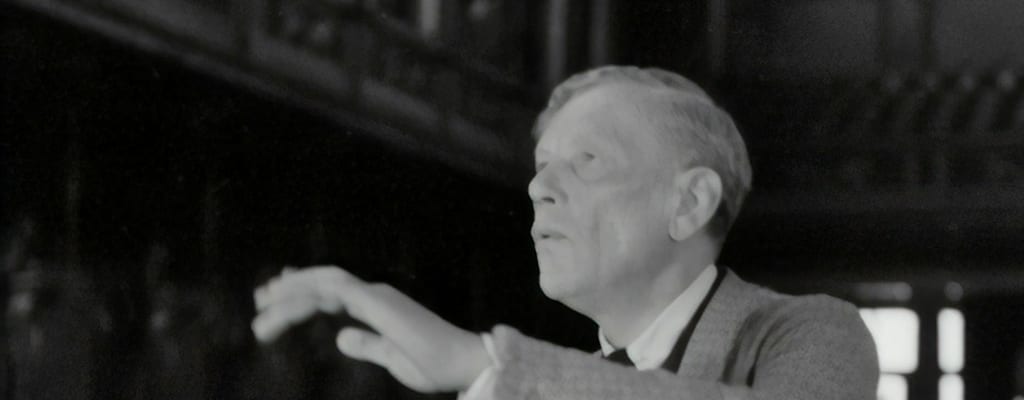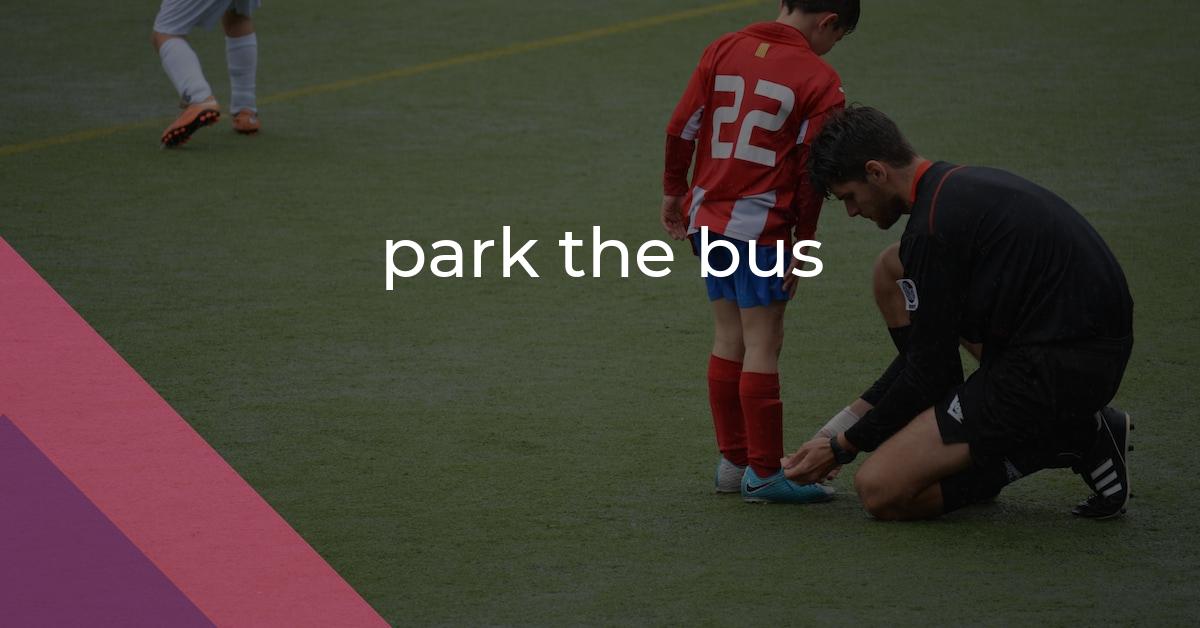park the bus: Idiom Meaning and Origin
What does ‘park the bus’ mean?
The idiom "park the bus" refers to a defensive strategy in sports, particularly football (soccer), where a team positions all its players close to its own goal to prevent the opposing team from scoring. It implies an extremely defensive approach, often used when a team is trying to protect a lead or hold on to a draw.

Idiom Explorer
"Save it" is an idiom that means to stop talking or expressing an opinion, usually because the speaker's point is not wanted or considered relevant by the listener.
The idiom "ride the pine" means to sit on the bench and not participate in a game or activity, often used in the context of sports.
The idiom "ride one's bumper" means to follow closely behind someone's vehicle, often without maintaining a safe distance, which can be considered aggressive or intrusive behavior.
The idiom "rag the puck" means to delay or stall, especially in a game or competition, in order to waste time or frustrate opponents.
The idiom "quit scores" refers to a term commonly used in sports to describe when a team or player stops scoring points or goals and chooses to stop trying or giving their best effort. It implies a lack of motivation or effort in continuing to compete.
The idiom "put the brakes on" means to slow down or stop a process or action. It is often used to describe taking measures to control or limit something that is happening too quickly or becoming out of control.
The idiom "put someone's back up" means to annoy or irritate someone, often causing them to become defensive or confrontational.
The idiom "put back" means to return something to its original place or position. It can also mean to delay or reschedule an event or activity.
The idiom "pull up" means to stop or bring something to a halt. It can also refer to stopping oneself or someone else from behaving in a certain way. The phrase can be used in various contexts such as driving, sports, or correcting someone's behavior.
Strategic Defensive Tactic
Park the bus is an idiom commonly used in sports, especially in football, to describe a defensive strategy used by a team to protect a lead or secure a draw. This idiom has expanded beyond sports and is now used to describe a defensive or cautious approach in other contexts as well.
The origin of this idiom can be traced back to British football in the late 20th century. It is believed to have originated from the tactics used by football teams, where they metaphorically "park" their metaphorical bus in front of their own goal, in an attempt to prevent the opposing team from scoring. The "bus" in this idiom refers to a defensive formation, likening the team to a large vehicle that obstructs the path of the opposing team.
The idiom gained popularity and widespread usage, particularly in the 2000s, as football tactics and discussions became more prevalent in the media. It has become a common phrase used by football commentators, fans, and players to describe a defensive strategy or a team that is prioritizing defensive stability over attacking prowess.
Outside the realm of sports, the idiom "park the bus" has also been adopted in other contexts to describe a defensive or cautious approach. For example, it can be used in business or politics to describe a strategy where a company or individual takes a defensive stance or avoids taking risks in order to protect their interests or avoid potential negative outcomes.
When a team decides to park the bus, it means they are prioritizing defensive stability and preventing the opposing team from scoring. This defensive strategy involves compacting their defense and surrounding their own goal with players to minimize opportunities for the opposing team to score. It often involves deploying a defensive formation, such as a deep-lying block or a rigid backline, to make it difficult for the opposing team to break through.
This defensive strategy is often employed when a team has a narrow lead and wants to protect it until the end of the match. By packing their defense and nullifying the attacking threats of the opposing team, they aim to frustrate their opponents and prevent them from finding the back of the net.
One related idiom that comes to mind in the context of park the bus is "near post." In football, the near post refers to the area of the goal closest to the player taking a shot. When a team is parking the bus, they often focus on defending the near post by positioning their defenders and goalkeeper in a way that makes it difficult for the opposing team to score from close range.
Another related idiom is "hold-up play." Hold-up play refers to a player's ability to receive the ball, retain possession, and shield it from opponents. In the context of park the bus, hold-up play becomes important for the team employing the defensive strategy. By holding up the ball and keeping possession in the opponent's half, the team can relieve defensive pressure and disrupt the attacking rhythm of the opposing team.
Finally, the idiom "pull over" relates to park the bus in terms of defensive tactics. In football, pulling over refers to shifting more players to the defensive side of the field to strengthen the team's defensive structure. This can happen when a team realizes they need additional defensive reinforcements to counter the attacking threats of the opposing team. By pulling over, the team aims to further fortify their defensive organization and make it even more challenging for the opposing team to break through their defensive line.
The true beauty of idiomatic expressions lies in their ability to convey complex ideas concisely and vividly. By using a simple metaphor such as "park the bus," we can immediately understand the defensive nature of a team or strategy, evoking images of a sturdy vehicle preventing any progress.
While the precise origins of idioms often remain elusive, their fluid nature allows them to adapt and evolve over time. As we continue to explore the depths of language and its intricacies, the idiom "park the bus" serves as a testament to the dynamic nature of idiomatic expressions. Its usage in sports and beyond is a reflection of how language is shaped by our experiences and the contexts in which we find ourselves.
Example usage
Examples of how the idiom "park the bus" can be used in a sentence:
- After taking the lead, the team decided to park the bus and focus on defending their advantage.
- In a desperate attempt to hold onto their narrow lead, the underdog team decided to park the bus in front of their goal.
- Despite their offensive capabilities, the manager instructed his players to park the bus and adopt a more defensive approach against the formidable opponent.
More "Sports" idioms



